Dostoevsky. The name alone conjures up a cascade of words: Mystery. Morality. Russia. Faith. Doubt. Goodness. Corruption. Murder. Redemption. His writings offer many rewards, many treasures, but to discover them the uninitiated must often pass through a shroud of darkness.
That’s why the two feature films written and directed by Vitaly Sumin present such a fascinating counterpoint. We find Dostoyevsky’s nineteenth century tales reimagined, transported to present-day Los Angeles, and drenched in California sunshine. We literally come to see Dostoevsky in a new light.
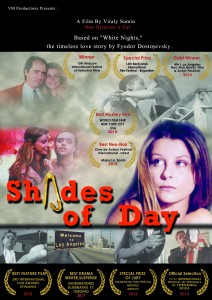 |
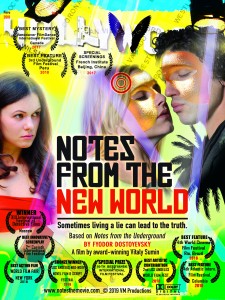 |
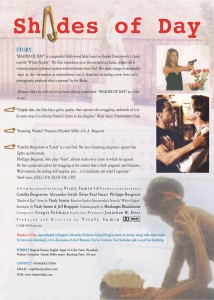 |
These films, Shades of Day and Notes from the New World, are original works, drawn from Dostoevsky but never intended to supplant him—who would ever want to? And while they’re inspired by Dostoevsky, they in turn inspire us to seek him out. With that in mind, let’s take a look at what many critics and scholars consider to be Dostoevsky’s greatest novel, The Brothers Karamazov. And because Russian masterpieces are often long and time is always short, let’s focus on a single chapter in that book, titled “The Grand Inquisitor.” It is without question the most famous chapter in all of Dostoevsky’s work. And, according to Manuel Komroff—who wrote the foreword to the 1957 edition of “Karamazov”—it’s the most famous chapter in all of literature.
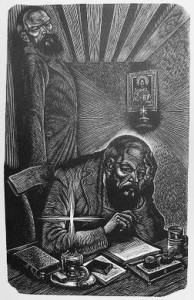
What, then, is so great about this chapter? Or better yet, what’s unique about it? Let’s start with the author’s technique. Dostoevsky, literary sleight-of-hand artist that he is, manages to convey profound philosophical insights in the form of a story within a story. But it’s anything but a typical narrative—it consists almost entirely of one character haranguing another.
Now the guy doing the haranguing happens to be the title character. It may not say “Grand Inquisitor” on his business card, but that’s what he is. More specifically, he’s one of the cardinals of the Catholic Church in charge of the Spanish Inquisition. Not exactly Mr. Congeniality.
And what might be the identity of the poor soul on the receiving end of his harangue, who—talk about adding injury to insult—is scheduled to be promptly burned at the stake? Would you believe . . . Jesus Christ. As the chapter begins, Jesus simply shows up in the town square one day and starts doing what he does best—healing people, offering comfort, and so on and so forth. The cardinal, in turn, does what he does best—he has the newcomer thrown in jail. 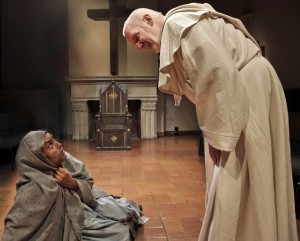 Later he pays a visit to his cell. The first questions put by the Grand Inquisitor to his captive audience of one set the tone for what follows. Essentially, he asks, “What are you doing here? Why did you come back to interfere with our work?
Later he pays a visit to his cell. The first questions put by the Grand Inquisitor to his captive audience of one set the tone for what follows. Essentially, he asks, “What are you doing here? Why did you come back to interfere with our work?
Jesus, for his part, plays it like a master poker player. He never utters a single word—which deliciously drives the Inquisitor crazy.
Over the years, the chapter has been viewed as a meditation on the nature of good and evil, fate and free will. And Dostoevsky, God bless him—I believe that’s appropriate—doesn’t go drifting off into a cloud bank of abstract philosophical thought. Instead, he brings ideals and ideas down to earth, to be either hardened or consumed in the flames of human passion.
When the Grand Inquisitor speaks, he reveals a cold cynicism. We see how the clerical class keeps the faithful in line by employing a religious version of Imperial Rome’s “bread and circuses.” People are permitted to sin so the Church can rush in afterwards to provide redemption—always good for the collection plate and gaining new customers.
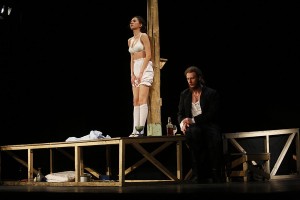
But here, as usual, Dostoevsky escapes the trap of predictability. While it can’t be denied that the Grand Inquisitor has committed evil deeds in the name of Christianity, his critique of the Lord Jesus is not without validity. The underlying theme of the Inquisitor’s rant is this: what good is a morality that cannot or will not be practiced by the great mass of humanity? Platitudes are a poor substitute for bread . . . and miracles. Why, for instance, did Jesus not wow the multitude by using his powers to, say, come down from the cross? Why make people rely on faith when he could have proven his divinity beyond a shadow of a doubt?
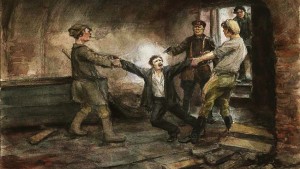 |
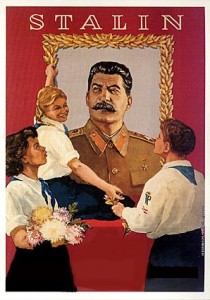 |
Bottom line: the Inquisitor accuses his prisoner of being ineffective, a failure. His proof? The fifteen centuries that have elapsed since the Savior’s first appearance in the world. This is where the Church was needed—to correct Jesus’s mistakes. Talk about food for thought…Dostoevsky provides us with an entire restaurant chain.

So that about covers it, right? Not so fast. We’re talking Dostoevsky here. The great writer has one more trick up his sleeve. Without giving it away, let’s just say that Jesus does something unexpected, something which will ultimately determine whether he lives or dies. If you haven’t read The Brothers Karamazov, I would encourage you to get the book and find out.
Or, if you prefer, you can wait for VM Productions’ movie version. But be forewarned—you may be waiting for a while. At least two films are ahead of it on the production schedule, namely Dostoyevsky Reimagined: The Making of Notes from the New World and Crime and Punishment, LA.
But it’s a fair bet that Vitaly Sumin will ultimately produce a movie inspired by The Brothers Karamazov—how could he not? And when he does, it’s bound to include—in some way, shape, or form—the compelling encounter between Jesus Christ and the Grand Inquisitor.
*****
Want to know about VM Productions‘ Dostoyevsky-Los Angeles Project and about the films we make? Want to participate in our projects? Sign up to get tickets to the premiere of our movie (currently in post production), Dostoyevsky Reimagined-BTS and grab our FREE e-books !
 |
 |
 Follow us through our social media on
Follow us through our social media on
Twitter, Facebook, Google+, Pinterest, Tumblr, Instagram, Goodreads.
Visual Material (fair use) by VM Productions

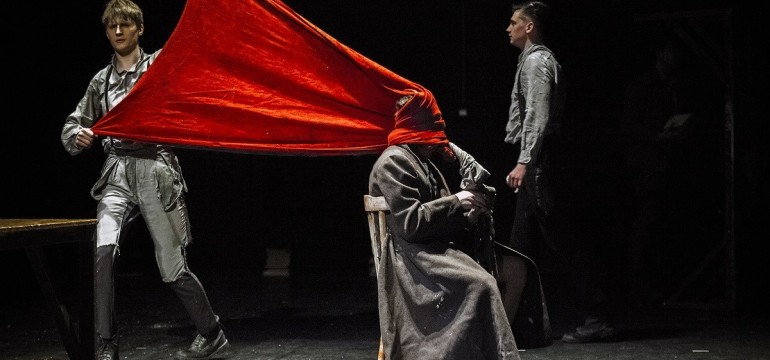

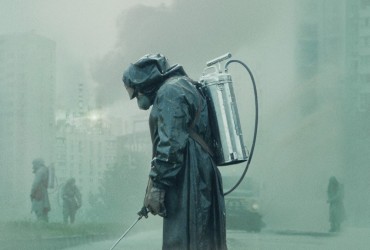



Leave a Reply